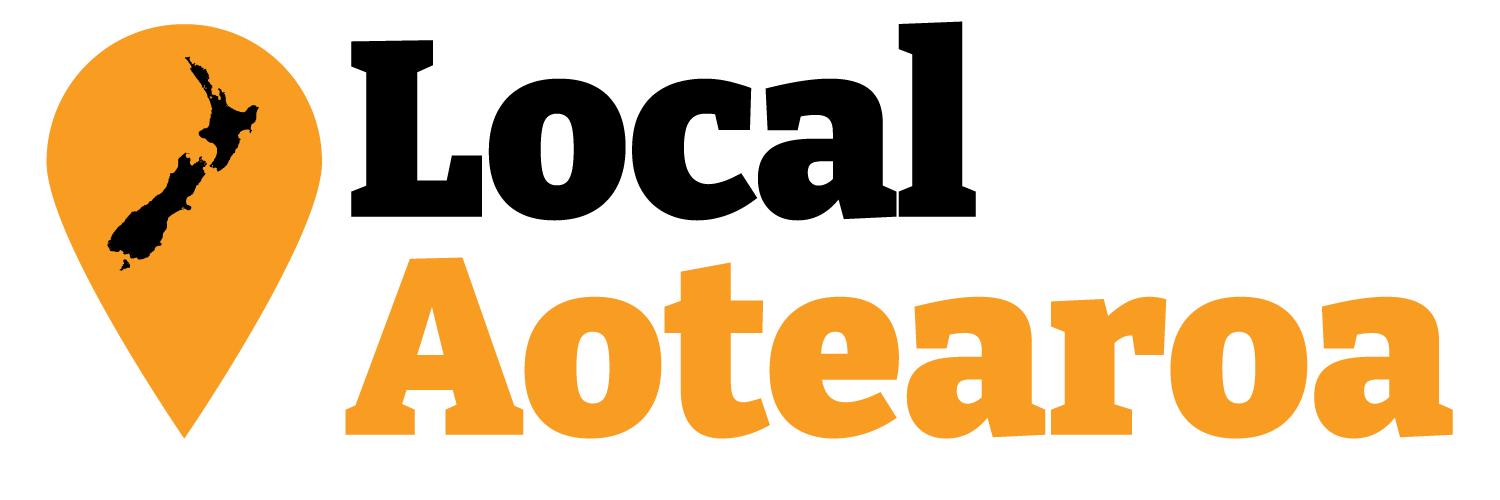The importance of local democracy reporting
An AI generated image of generic media equipment including camera, lenses, notepad, pen, and microphone.
Two pieces of media coverage from Radio New Zealand caught my eye this morning. First was an interesting explainer from Radio New Zealand’s Katie Kenny, “Missing mayor, record rates rises, and Tauranga's election: What's going on with councils?”. The second was RNZ’s The Detail podcast “A tale of two mayors” where Tom Kitchin spoke with The New Zealand Herald’s Simon Wilson and Georgina Campbell about their perspectives on the mayors of Auckland and Wellington respectively.
Both of these got me thinking about my own experience on Kāpiti Coast District Council and something I’ve observed both from following local government for a number of years and speaking with elected representatives from around the country. That is, the various issues highlighted in these pieces aren’t the exception, if anything they’re the norm.
It’s just that we’re aware of these specific examples and all the drama playing out because there’s local democracy reporting in place.
I’ve spoken to a few journalists about this over the years. One of my biggest bugbears during my triennium on council was the lack of physical media presence in our council chambers during meetings. I could count on one hand the number of times we had a journalist from one of the then two local papers (which syndicated up to Stuff and NZ Herald respectively) sitting in the room.
We’d occasionally have the editor of a local online paper there, and usually a representative from the local branch of Grey Power. If there was a major or controversial decision on we might get lucky and find someone from a major outlet might watch the meeting livestream (or video afterwards), but typically it was a case of them reacting to council media releases after the fact.
By not having a journalist in the room, plenty of episodes of dysfunction, mismanagement, and drama were missed. On multiple occasions they could have witnessed councillors storming out of meetings and missing critical votes, snide remarks hurled across the table out of reach of the microphones, significant issues with probity matters, cost blowouts, or just a basic inability to follow papers or due process in meetings because councillors hadn’t bothered to read and understand the agenda or standing orders.
These issues weren’t unique to Kāpiti, just as they’re not unique to Invercargill, Gore, Wellington, Hamilton, Caterton, or Auckland.
To some extent they’re part of the democratic system we have in place doing what it’s meant to do. Democracy isn’t meant to be smooth sailing. It’s going to get messy at times. Sometimes it’s even going to run aground. You put a dozen people or more from differing backgrounds, representing a range of differing views on how to run a city or district into a room, and there’s going to be disagreements, they’re going to thrash things out, and sometimes it’s going to be ugly. It’s a political arena and some argy-bargy is to be expected. It’s when it crosses the line from going robust with the occasional bit of dysfunction to breaking down entirely that there’s cause for concern.
Arguably the closest any local authority has come to needing an intervention in the past few years was with the dramas that played out in Gore. If you recall, in the tussle between the newly elected mayor and the long-standing CEO, the council was on the verge of trying to illegally strip the mayor of his legal right to be a member of all committees. The Local Government Minister had an active watch on the situation, which thankfully saw all involved step back from the brink before they stepped over the line.
On the flip side, recent dramas in Wellington City haven’t reached that point, despite many trying to stoke fears of the installation of commissioners. The Council has had fierce debates over contentious issues, has experienced cost blowouts on major projects, and while there are issues over some of the advice and processes that have been followed (as demonstrated by the recent Court of Appeal ruling), the council is still functioning and making decisions. Even if they hadn’t of managed to adopt their long-term plan by the statutory deadline, just like other councils which have adopted theirs after the start of the new financial year without having applied for an extension, there was little risk of central government intervention unless the matter had no practical path to being resolved.
What issues like those in Wellington, Gore, and Carterton all have in common is an active local democracy reporting presence. It’s thanks to having boots on the ground where journalists can attend meetings, develop professional relationships with elected representatives and council officials, keep on top of the plethora of agendas, workshops and briefings, and are part of the communities they’re covering that there is scrutiny and transparency of what councils are doing.
Despite how uncomfortable it can be for elected representatives and council officials to find their work on the front page of a major news publication, the transparency and scrutiny provided by local democracy reporting is ultimately a net benefit that enables the very accountability we need to get councils to improve their game.
The problem is, as the demise of many local papers has shown us, that the media landscape is tougher than ever with increased competition from online platforms for advertising dollars. Bar some standout local papers that bucking the trend, the increased centralisation is seeing more of a focus on urban councils, while those on the periphery struggle to get the scrutiny of their work that is required. As much as councils do try their best to engage, consult, and communicate with their communities in good faith, the perspective provided by the Fourth Estate is invaluable in ensuring better outcomes for all involved.
The problem is that there’s just not the money in it to hire enough journalists in enough locations to cover local democracy beats when the material they’re producing is only directly relevant for a small population base that no longer justifies enough of an advertising spend to make it relevant, as much as us train spotters elsewhere might enjoy follow things.
There is a trend towards increasing niche publications and transparency/advocacy organisations trying to fill the gap, but they’re limited by how much they can raise in subscriptions and donations in terms of resourcing their work. This holds some promise, but there’s a fundamental question about whether there’s the scale in our local government sector to ultimately support the type of resourcing needed to cover it adequately.
There are 78 local, regional, and unitary authorities across New Zealand. Even for a local government nerd like me, I couldn’t name them all let alone try to follow all the ins and outs of what they’re doing and the potential stories and issues that are lurking out there - and trust me there are plenty.
There is the Local Democracy Reporting Scheme which provides some support, but it’s ultimately not enough for what is needed. Ultimately what we need to consider is a permanent and larger arrangement on the scale of the BBC’s Local Democracy Reporting Service. Though it’s worth noting that, while the United Kingdom’s population is some 13 times larger than New Zealand’s, they only have four times the number of councils that we do, and there is no doubt some element of economies of scale at play in terms of the ability of the journalists hired under the service in being able to cover their councils in more detail than our equivalent scheme does.
Having more visibility, more transparency, more scrutiny, and more accountability of what’s going on in local government will only be a good thing for both local government and the communities it serves.





